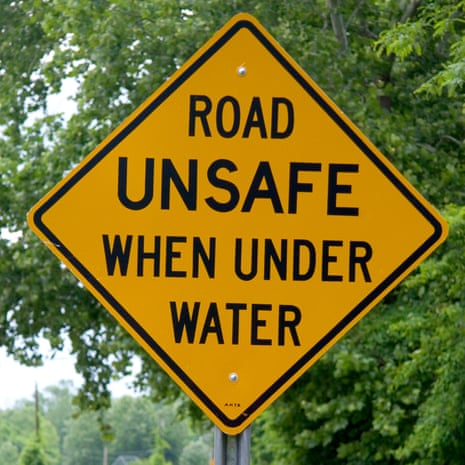Name: understatement.
Age: not all that new.
Appearance: rather splendid.
Wait, does that mean you like understatement, or you don’t? It’s hard to tell, isn’t it? That’s the beauty of understatement. It implies that the speaker is only hinting at their passionate feelings.
Or that they don’t feel very much. Yes, or that. But we British can usually tell. We’re not allowed to have passionate feelings, except about football, so we’ve become world champions of understatement at least.
We’re so cool. Yeah. Plus it means foreigners don’t know what we’re thinking.
Handy. We’ve certainly got those Europeans flummoxed over Brexit. Um … indeed. So it’s rather a shame that understatement is dying out.
I beg your pardon? According to research into British and American English by Paul Baker, a professor at Lancaster University, complex, understated forms of speech are disappearing in Britain. In particular, he cites a fall in the incidence of gradable adverbs.
A fall in the incidence of what now? Gradable adverbs, words like “rather” or “quite”, which moderate the force of other words, or “frightfully” or “awfully”, which intensify them.
Please give me some examples, as they might appear in typical British sentences. “I’m not terribly keen on this mutton soufflé.”
Right. Or “Gareth Southgate’s penalty kick did not quite go where I wanted.” According to Baker, gradable adverbs such as these are “starting to be drastically eroded”.
Heavens! Is this all part of a hideous slide towards saying “sidewalk” and “aloominum”? Not necessarily. Baker says that both British and American sentences are becoming shorter, less formal, and as a result more clear. That’s probably a good thing.
Yes, but what about all these foreigners trying to molest our native tongue? Ugh. Well, the research found that Brits and Americans use each other’s spellings about equally often, whether by choice or by mistake isn’t clear. And though some American words such as “movie” and “guy” have made the trip to Britain, many others, including “transportation” and “railroad”, have not.
Good. Lets keep those immigrants out! Yes, both countries have got quite keen on saying that.
Do say: “Oi, ref! Your appointment at the optometrist is rather overdue!”
Don’t say: “I don’t think it would be an awfully good idea for the United Kingdom to leave the European Union.”

Comments (…)
Sign in or create your Guardian account to join the discussion